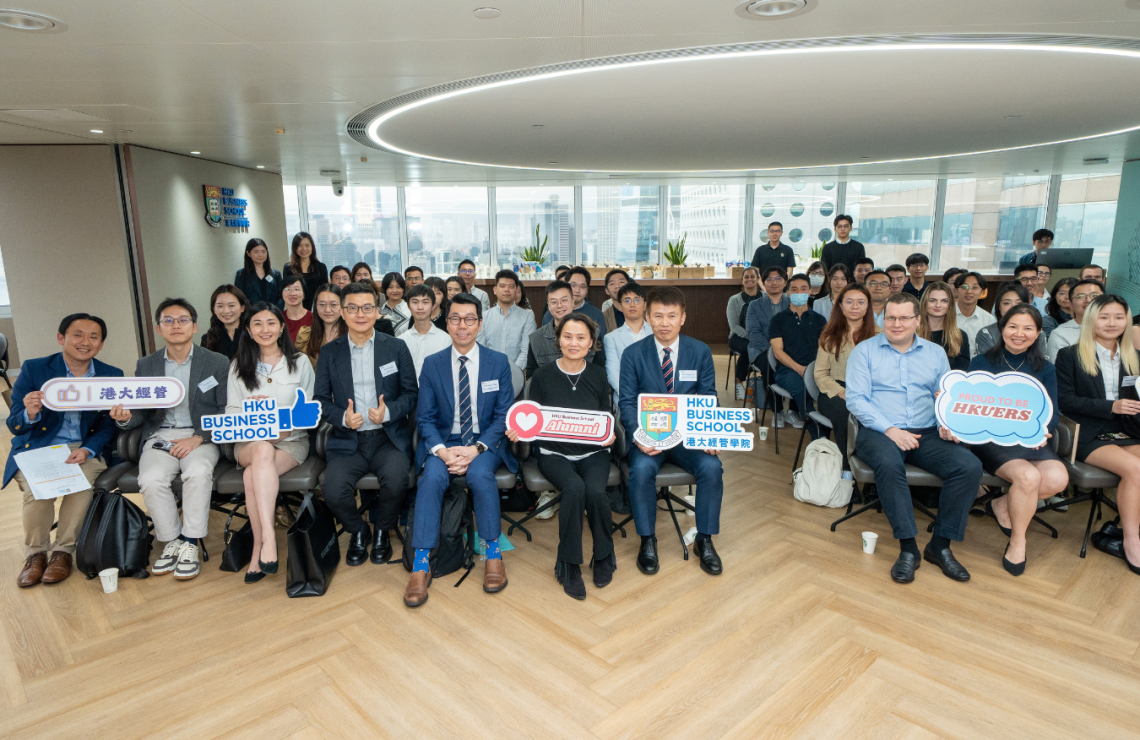
Rise of Index Funds Leads to Deterioration of Corporate Governance
Study reveals Index Funds put less efforts in monitoring their portfolio firms, resulted in
power imbalance between investors and firm managements
Over the past three decades, the rise of passively managed index funds has transformed how Americans and other investors around the world invest. In 1990, index funds held only less than 1% of all mutual fund assets. By 2018, this had grown to more than 30%, which worth over US$6 trillion and now represent the largest shareholders of many US corporations.
The massive rise in popularity of index fund investment drives the investors’ attention about monitoring and corporate governance. A recent study by Professor Roni Michaely, Professor in Finance of HKU Business School and his co-authors shows that, comparing to active funds, index funds monitor less effectively and cede power to firm management. This results in negative consequences for corporate governance and firm value. It may also further shift the power from investors to firm managements, which would be of major concern to investors.
This research was done by Professor Michaely and co-authors Davidson Heath and Matthew Ringgenberg from University of Utah Eccles School of Business and Daniele Macciocchi from University of Miami Herbert Business School. The paper is accepted by the “Review of Financial Studies”, one of the premier journals for finance-related academic researches.
“Three main options for a shareholder to disagree with a firm’s management including voting, engaging with management and selling shares,” Professor Michaely said. “To better evaluate and compare the monitoring behaviour of index funds and active funds, we have examined each of these monitoring channels using comprehensive data on US equity mutual and exchange traded funds from 2004 to 2018.”
In the examination of the voting behaviour, index funds vote with firm management 54.3% of the time, while active funds do so only 47.3% of the time for contentious governance issues. When examining the engagement of index funds with their portfolio firms, the research finds no evidence that index funds engage publicly or privately with their portfolio firms in an effective manner. When index funds hold more of a firm’s stock, the number or type of proposals that are tabled at annual shareholder meetings do not change, and a decrease in the proportion of approved shareholder proposals is observed. And, in terms of divestment, index funds do not exit a position even after losing a shareholder vote, whereas active funds do, meaning that they do not divest from a firm to express dissatisfaction with its management.
After a wide variety of tests and specifications, the results suggest that index funds are weaker monitors than active funds. “Relative to the active funds they are replacing, index funds have limited incentives and resources to invest in costly monitoring,’ Professor Michaely elaborated his findings. “Moreover, the data consistently shows that corporate governance does not improve and in fact deteriorates along several dimensions when index funds replace active funds. We therefore can conclude that the rise of index investing shifts power from investors to corporate managers.”
The findings have important policy implications as regulators around the world struggle with how to better govern and monitor management and firms’ behaviour; especially in light of recent claims that index funds are good monitors who improve corporate governance. There has been several suggestions to reward long-term investors with greater voting power. The findings of this paper—that index funds (who are long term investors) are worse monitors, indicate that rewarding them with greater voting power will result in the opposite outcome: less monitoring and more power to management. As the rise of passive investing continues, a check on managerial power is suggested for balancing the interest between investors and firm management.
Full version of this research paper:
Do Index Funds Monitor?
https://papers.ssrn.com/sol3/papers.cfm?abstract_id=3259433







